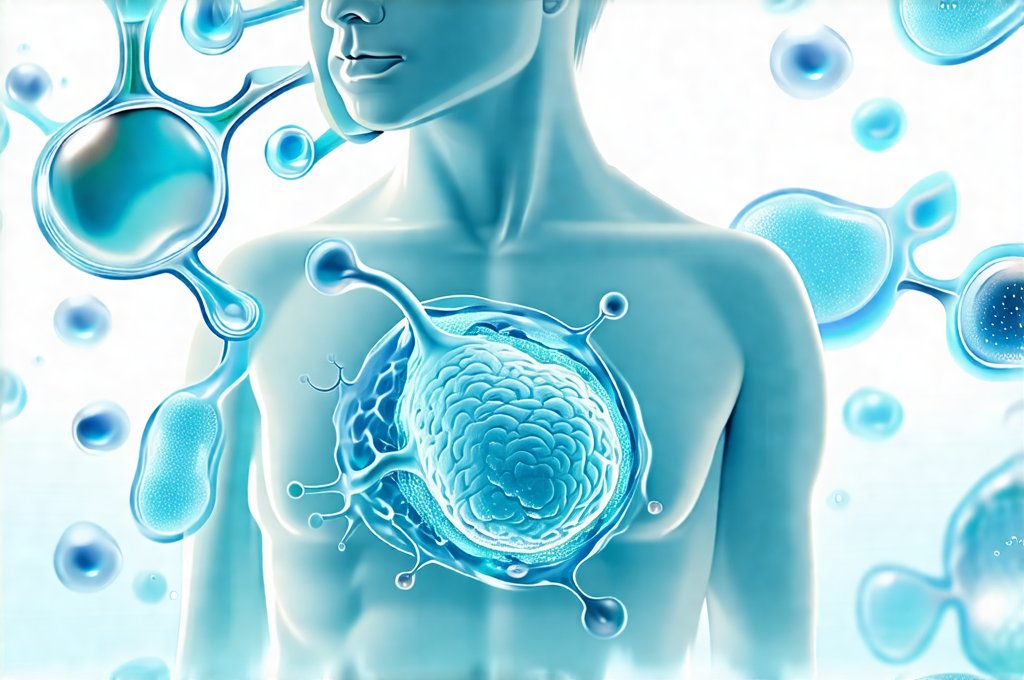
Urological wellness is deeply influenced by daily habits and long-term lifestyle choices. While genetics and age play roles in the development of urinary system disorders, many common conditions — such as urinary tract infections, kidney stones, benign prostatic hyperplasia, and bladder control issues — can often be prevented or managed through proactive, health-conscious behaviors.
Improving urological health doesn’t necessarily require drastic interventions. Small, sustainable adjustments in diet, physical activity, sleep, and stress management can yield meaningful results. This article explores the most effective lifestyle changes that support urinary system function and help reduce the risk of chronic urological conditions.
Physical Activity, Weight, and Pelvic Health
Regular movement and physical health maintenance are vital components of urological care. Sedentary behavior has been linked to an increased risk of bladder dysfunction, kidney problems, and lower urinary tract symptoms (LUTS).
- Stay active: Engage in at least 150 minutes of moderate-intensity aerobic activity each week. Exercise enhances circulation, reduces systemic inflammation, and supports hormonal balance, all of which benefit kidney and bladder function.
- Manage weight: Excess body weight, especially abdominal fat, increases intra-abdominal pressure, which can contribute to urinary incontinence and obstructive voiding symptoms.
- Strengthen the pelvic floor: Regular Kegel exercises strengthen the muscles responsible for urinary control. They are beneficial for both men and women, particularly after childbirth or prostate surgery.
- Avoid prolonged sitting: Take movement breaks every hour to reduce pelvic pressure and improve urinary flow.
These actions contribute to stronger bladder control, reduced pressure on pelvic organs, and better overall fluid regulation.
Hydration and Dietary Choices
Proper hydration and a balanced diet are foundational for urological health. The urinary system relies on fluid intake to flush out toxins, maintain electrolyte balance, and prevent stone formation.
- Drink enough water: Most adults need 6–8 glasses of water daily. Adjust based on climate, activity, and individual medical needs.
- Limit salt and animal protein: High sodium levels increase calcium in the urine, while excess animal protein can elevate uric acid, contributing to kidney stones.
- Eat more plants: A diet rich in fruits, vegetables, and whole grains provides fiber and antioxidants that reduce inflammation and support organ health.
- Reduce bladder irritants: Caffeine, alcohol, artificial sweeteners, and spicy foods can exacerbate urinary urgency or incontinence in sensitive individuals.
Personalizing diet based on your urological history — such as previous infections or kidney stones — helps prevent recurrence and improves long-term outcomes.
Stress, Sleep, and Mindful Habits
The connection between mental well-being and urological health is well established. Chronic stress and poor sleep patterns can worsen urinary symptoms and impair bladder function.
- Practice stress reduction: Techniques like mindfulness, meditation, yoga, and deep breathing can reduce overactive bladder symptoms and pelvic tension.
- Prioritize sleep: Aim for 7–9 hours of quality sleep per night. Sleep disruptions are linked to nocturia (nighttime urination) and hormonal imbalances.
- Establish a consistent routine: Go to bed and wake up at the same times daily. A stable circadian rhythm supports kidney hormone regulation and urinary consistency.
- Seek support: Mental health counseling can be beneficial for patients experiencing urological symptoms related to anxiety, depression, or trauma.
Long-Term Benefits and Proactive Monitoring
Making lifestyle improvements is not only about preventing disease — it also fosters better daily comfort, confidence, and quality of life. Regular monitoring and open communication with your healthcare provider are essential parts of this process.
- Schedule routine checkups: Early detection of changes in kidney function, prostate health, or bladder behavior allows for more effective treatment.
- Track symptoms: Keep a bladder diary or symptom log if dealing with recurring issues.
- Follow through on care plans: If you’ve been prescribed pelvic therapy, medications, or dietary adjustments, stay consistent for best results.
Ultimately, lifestyle choices are one of the most controllable factors in urological wellness. By embracing positive habits in movement, nutrition, hydration, rest, and mental well-being, individuals can build a strong foundation for lifelong urinary health.
Recent articles about healthy lifestyle
-

Evening Wind-Down Rituals Proven To Enhance Parasympathetic Control Of Bladder Contractions
The modern world relentlessly pushes us into states of heightened arousal – constant connectivity, demanding work schedules, and an unending stream of information all contribute…
-

Active Rest Techniques To Maintain Pelvic Flexibility During Long Commutes
Long commutes are an unfortunate reality for many, often involving extended periods of sitting – a posture that can wreak havoc on our musculoskeletal system.…
-

Fluid Distribution Tips That Minimize Afternoon Swelling And Evening Frequency
Many people experience frustrating shifts in fluid balance throughout the day – swelling in the ankles and feet as the hours pass, or an unwelcome…
-

Guided Visualization Practices For Calming Bladder Signals During High-Pressure Situations
The urgent need to urinate at the worst possible moment is a familiar experience for many – during crucial presentations, important meetings, first dates, even…
-

Seasonal Clothing Choices That Prevent Cold-Triggered Urinary Spasms In Men
Urinary spasms, particularly those triggered by cold temperatures, can be a surprisingly debilitating issue for men, impacting daily life in ways many don’t anticipate. Often…
-

Habit Stacking Ideas To Incorporate Bladder-Supportive Movements Into Busy Schedules
Many women experience challenges related to bladder health at some point in their lives, ranging from occasional urgency to more persistent issues like stress incontinence.…
-

Midday Walking Rituals That Promote Kidney Perfusion And Natural Detox Processes
The kidneys are remarkable organs, silently working around the clock to filter waste products from our blood, regulate fluid balance, and maintain essential mineral levels.…
-

Breath-Led Core Relaxation Methods That Alleviate Stress-Induced Flow Hesitation
Stress, in its pervasive modern forms, often manifests as more than just emotional distress; it can physically impede our ability to function optimally. A particularly…
-

Screen-Time Reduction Techniques For Less Pelvic Nerve Stimulation In The Evenings
The pervasive nature of screens – smartphones, tablets, laptops, televisions – has become integral to modern life. While offering undeniable convenience and connectivity, this constant…
-

Gentle Hip Mobility Drills To Enhance Pelvic Circulation And Reduce Stiffness-Related Urges
The subtle interplay between hip mobility, pelvic floor function, and overall well-being is often underestimated. Many individuals experience discomfort stemming from stiff hips that unknowingly…
Interested in how a healthy lifestyle supports urological health? Try the search feature.
